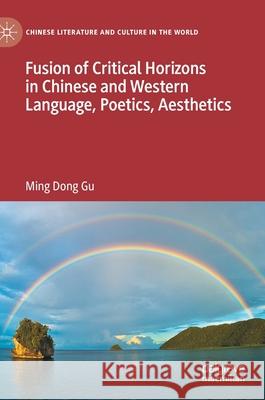Fusion of Critical Horizons in Chinese and Western Language, Poetics, Aesthetics » książka
topmenu
Fusion of Critical Horizons in Chinese and Western Language, Poetics, Aesthetics
ISBN-13: 9783030737290 / Angielski / Twarda / 2021 / 369 str.
Kategorie:
Kategorie BISAC:
Wydawca:
Palgrave MacMillan
Seria wydawnicza:
Język:
Angielski
ISBN-13:
9783030737290
Rok wydania:
2021
Wydanie:
2021
Numer serii:
000742836
Ilość stron:
369
Waga:
0.60 kg
Wymiary:
21.01 x 14.81 x 2.24
Oprawa:
Twarda
Wolumenów:
01
Dodatkowe informacje:
Wydanie ilustrowane











